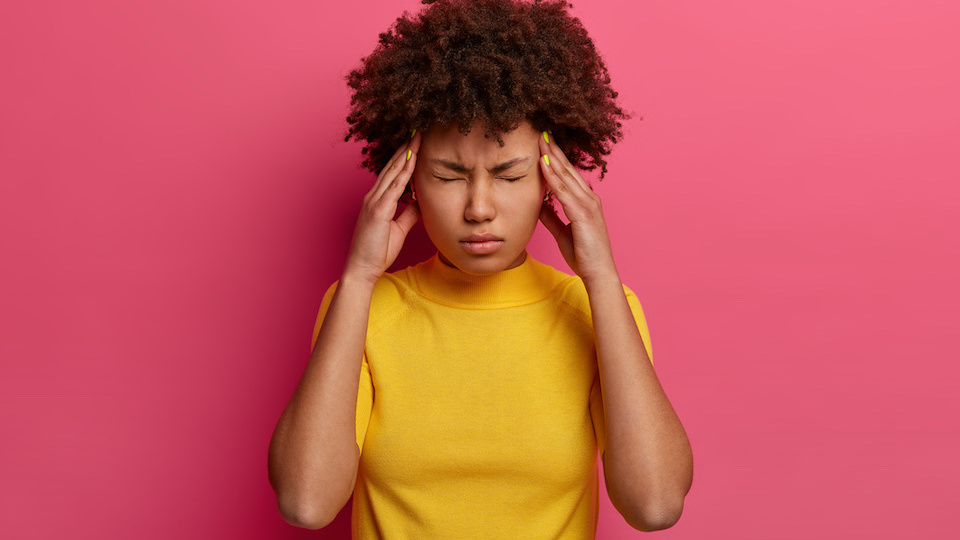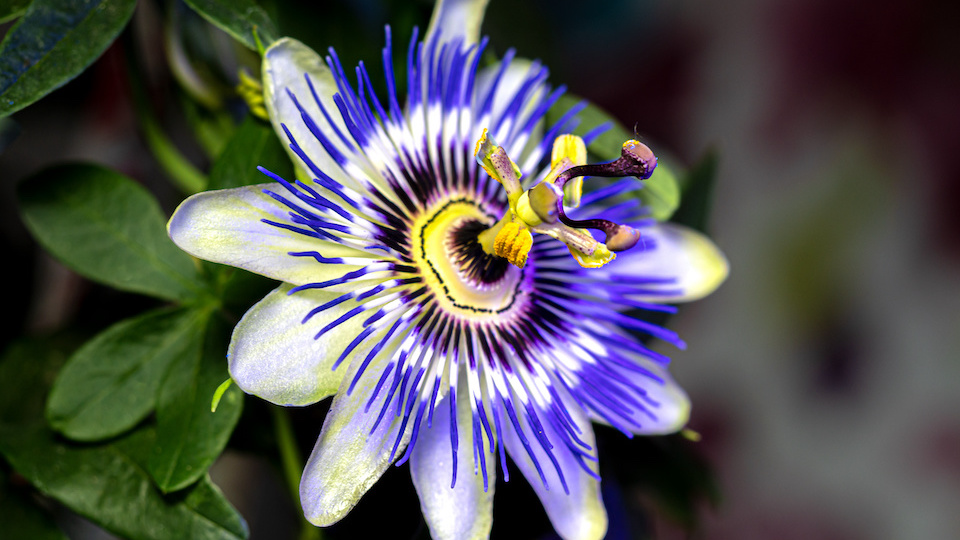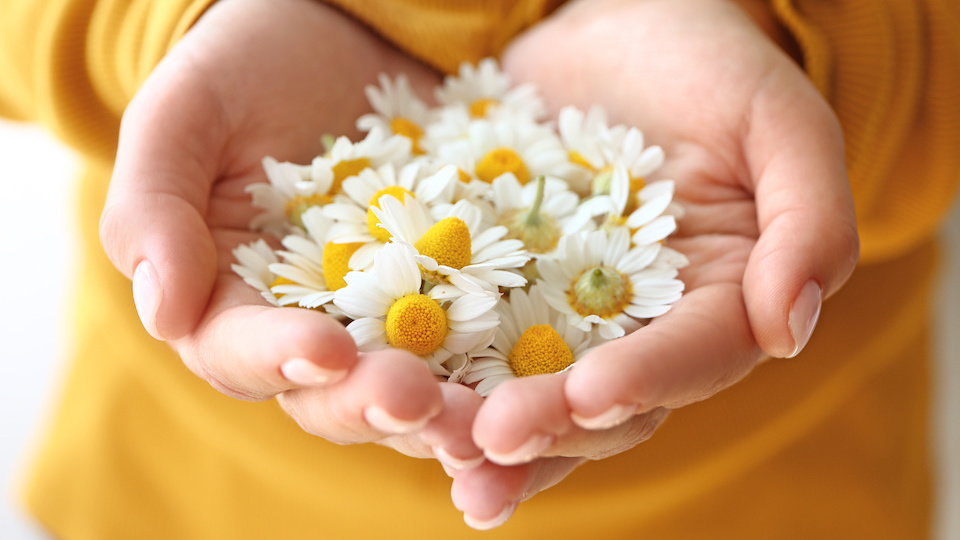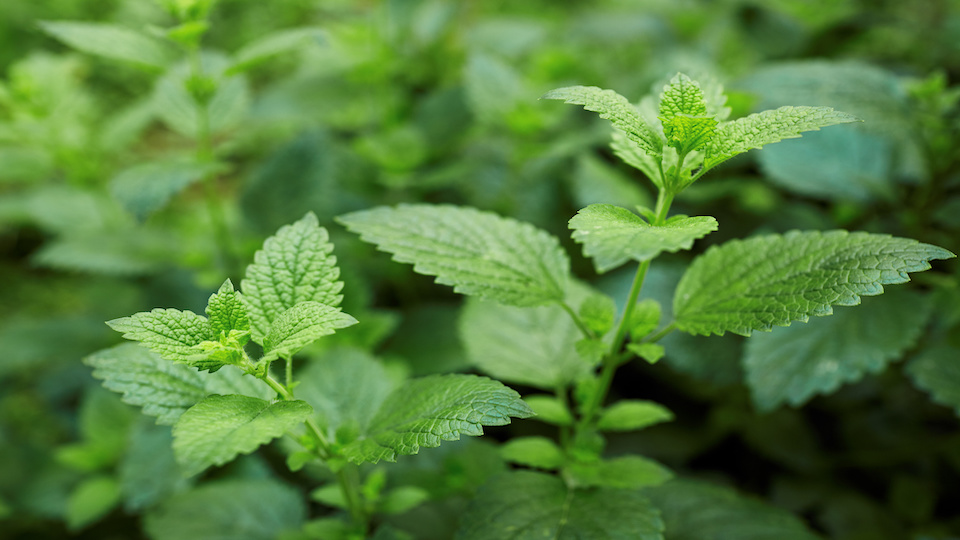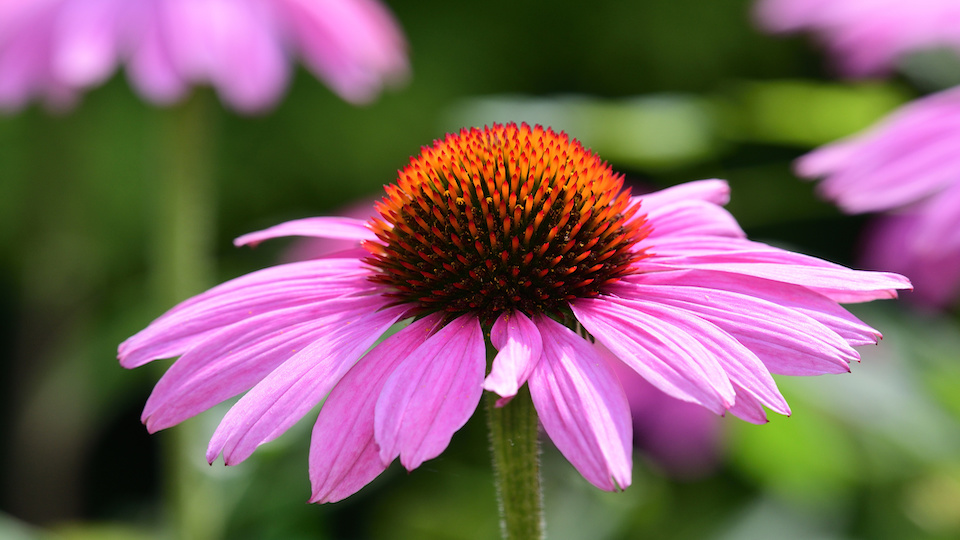Have you ever experienced a persistent and annoying ringing, buzzing, or hissing sound in your ears that just won’t go away? If so, you’re not alone. This condition, known as tinnitus, affects millions of people worldwide. While it isn’t a disease, tinnitus is often a symptom of an underlying issue such as hearing loss, stress, or circulatory problems.
The good news? Natural remedies and science-backed solutions can help manage and even reduce tinnitus symptoms.
This article explores what causes tinnitus, its potential triggers, and how you can find relief through natural methods and scientific approaches.
Understanding Tinnitus: What Causes the Ringing?
Tinnitus occurs when the brain misinterprets signals from the auditory system, creating the perception of sound when no external noise is present. It can be temporary or chronic and may be caused by several factors, including:
Hearing Loss – Age-related or noise-induced hearing damage is a major contributor to tinnitus.
Exposure to Loud Noises – Prolonged exposure to loud environments can damage the inner ear and lead to tinnitus.
Earwax Blockage – Excess earwax can pressure the eardrum and distort sound perception. * Never try to dig out earwax yourself. Visit your physician to have your ears irrigated if needed.
Stress and Anxiety –Consistent high stress levels can exacerbate tinnitus as the brain becomes more sensitive to internal sounds.
Circulatory Issues – Poor blood circulation, high blood pressure, and vascular disorders can contribute to the condition.
Understanding the root cause of your tinnitus is essential for choosing the proper treatment.
Now, let’s dive into natural remedies and science-backed solutions that may help.
Natural Remedies for Tinnitus Relief
Ginkgo Biloba: A Herbal Ally for Ear Health
Ginkgo biloba, a medicinal herb known for improving blood circulation, has been studied for its potential benefits in reducing tinnitus symptoms. Some research suggests that increased blood flow to the brain and ears may help alleviate ringing sensations.
🔹 How to Use: Take standardized Ginkgo biloba supplements (120-240 mg daily) after consulting with a healthcare provider.
Magnesium: The Miracle Mineral for Ears
Magnesium is vital in protecting the auditory system and supporting nerve function. Research indicates that magnesium deficiency may contribute to tinnitus, and supplementing with magnesium could reduce symptoms.
🔹 How to Use: Include magnesium-rich foods in your diet (spinach, nuts, seeds, bananas) or consider a magnesium supplement (250-500 mg daily).
Sound Therapy: Masking the Ringing
Sound therapy is one of the most effective ways to manage tinnitus, which involves using external sounds to mask the ringing. White noise, nature sounds, and specially designed tinnitus apps can help shift your focus away from the noise.
🔹 How to Use: Try white noise machines, meditation apps, or soft background music to reduce the perception of tinnitus.
Stress Reduction: Mind Over Matter
Since stress and anxiety can worsen tinnitus, relaxation techniques are crucial for symptom management.
🔹 Effective Stress Reduction Methods:
✔️ Yoga & Meditation – Helps calm the nervous system and reduce tinnitus intensity.
✔️ Deep Breathing Exercises – Lowers stress and improves blood circulation to the ears.
✔️ Cognitive Behavioral Therapy (CBT) – A science-backed therapy that helps retrain the brain’s response to tinnitus.
Essential Oils for Soothing Relief
Certain essential oils have been used to support relaxation and ear health. Lavender, helichrysum, and cypress essential oils may help reduce tinnitus by improving circulation and reducing inflammation.
🔹 How to Use:
✔️ Diffuse essential oils for relaxation.
✔️ Dilute and apply behind the ears with a carrier oil.
✔️ Use in steam inhalation to improve circulation.
Lifestyle Changes Help With Long-Term Tinnitus Relief
Aside from natural remedies, lifestyle changes can also significantly reduce tinnitus symptoms. Here’s what science recommends:
Reduce Caffeine and Alcohol
Both caffeine and alcohol can affect blood circulation and nerve sensitivity, potentially worsening tinnitus. Try limiting your intake and observe whether symptoms improve.
Get Quality Sleep
Lack of sleep increases stress levels, which can amplify tinnitus. Establish a bedtime routine, reduce screen time before bed, and create a relaxing sleep environment.
Exercise Regularly
Regular physical activity improves blood flow, reduces stress, and enhances overall well-being, all of which can help manage tinnitus.
Avoid Loud Noises
Protect your ears from excessive noise exposure by using earplugs in loud environments and keeping headphone volume at a moderate level.
Look for the Natural Relief
While tinnitus can be frustrating, you don’t have to suffer in silence. By combining natural remedies, science-backed strategies, and lifestyle changes, you can take control of your symptoms and improve your quality of life.
Key Takeaways:
✔️ Ginkgo biloba and magnesium may support ear health.
✔️ Sound therapy and relaxation techniques can retrain your brain’s response to tinnitus.
✔️ Lifestyle changes like stress management, exercise, and proper sleep are crucial in reducing symptoms.
If your tinnitus persists or worsens, consult a healthcare professional for personalized guidance.
Have you tried any of these remedies?





